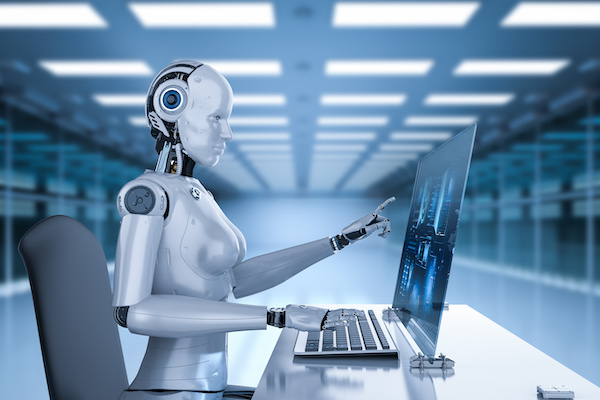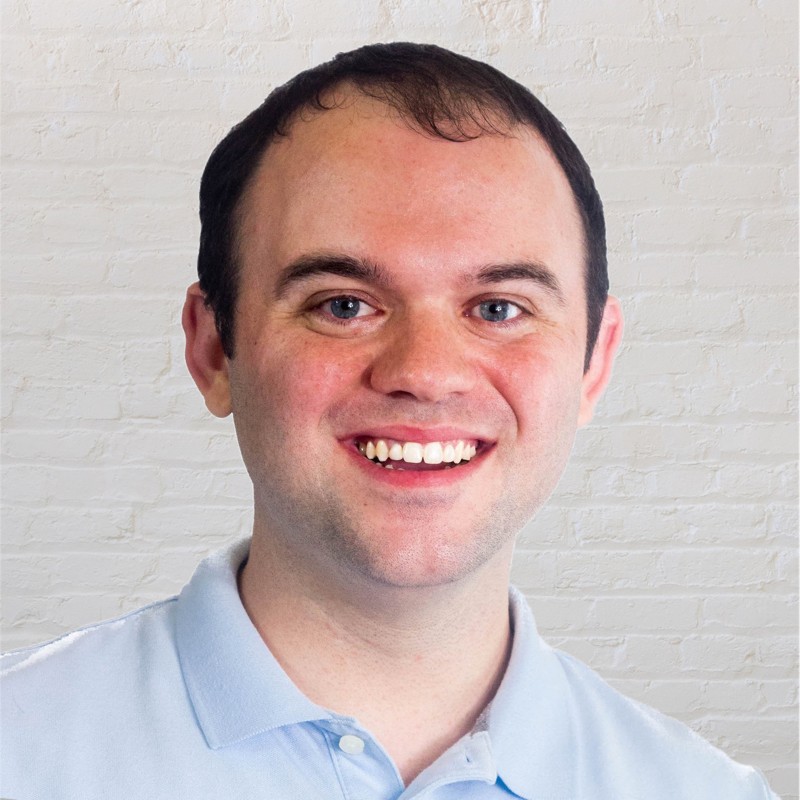“Human authorship is a bedrock requirement of copyright.” — Judge Beryl Howell, United States Federal District Court for the District of Columbia.
 On Friday, Judge Beryl Howell issued an opinion in Dr. Stephen Thaler’s challenge against the U.S. Copyright Office (USCO) over the denial of his application for a work generated entirely using generative artificial intelligence (AI) technology. The opinion supports the USCO’s refusal to register a work in which the claimant disclosed in the application that the image was the result of an AI system, called The Creativity Machine. The case is Stephen Thaler v. Shira Perlmutter and The United States Copyright Office (1:22-cv-01564) (June 2, 2022).
On Friday, Judge Beryl Howell issued an opinion in Dr. Stephen Thaler’s challenge against the U.S. Copyright Office (USCO) over the denial of his application for a work generated entirely using generative artificial intelligence (AI) technology. The opinion supports the USCO’s refusal to register a work in which the claimant disclosed in the application that the image was the result of an AI system, called The Creativity Machine. The case is Stephen Thaler v. Shira Perlmutter and The United States Copyright Office (1:22-cv-01564) (June 2, 2022).
“Human authorship is a bedrock requirement of copyright,” writes Judge Howell.
“We disagree with the District Court’s ruling,” Dr. Ryan Abbott shared in a written statement. “The public is the primary beneficiary of copyright law, and the public benefits when systems are in place to promote the generation and dissemination of new works, regardless of how they are created.”
“The Copyright Office believes the court reached the correct result. We are reviewing the decision, and we have no further comment at this time,” said a spokeperson from the Copyright Office.
Abbott serves as a member of the team representing Thaler in a variety of cases aiming to challenge intellectual property laws around the world when it comes to human authorship.
The opinion comes just over a year after the original complaint was filed against the USCO in U.S. District Court in Washington, D.C. following a series of three different letter opinions issued by the USCO’s Review Board. The lawsuit also named Shira Perlmutter, in her official capacity as Register of Copyrights and Director of the USCO. The image in question is known as “A Recent Entrance to Paradise,” and initially was claimed by Thaler to have been the result of a sentient machine, commonly referred to as the point of singularity.
Thaler filed a motion for summary judgment in January, arguing the only question at issue is: “Can someone register a copyright in a creative work made by an artificial intelligence?” The USCO filed a response in February along with a cross-motion for summary judgment. The motions were filed by reply briefs from Thaler in March and the USCO in April. The USCO argued, “[the USCO’s decision] was a well-reasoned decision based on the text of the Constitution and the Act, as well as Supreme Court and appellate decisions that uniformly support a human authorship requirement.”
Summary Judgment and the Administrative Records
In a one-page order, Judge Howell granted the USCO’s request for summary judgment (filed as a cross-motion) while also denying summary judgment to Thaler.
A longer memorandum decision was published simultaneously and highlights the impact the Administrative Procedures Act (APA) had on this particular case, which was limited to a judicial review of the actions taken by the administrative agency, the USCO in case. Additionally, the decision stems from summary judgment actions and is based solely on the question of law, meaning it’s limited to reviewing the administrative record.
The court immediately notes that the administrative record fails to include any of the additional detail Thaler argues in support of “his development, use, ownership, and prompting of the AI generating software”, which means it must ignore Thaler’s attempts at arguing “various legal theories” that jump over the analysis of whether copyright law recognizes non-human creation.
Instead, Judge Howell writes that the “only question properly presented, then, is whether the Register acted arbitrarily or capriciously or otherwise in violation of the APA in reaching that conclusion.”
The answer is made abundantly clear: “The Register did not err in denying the copyright registration application presented by plaintiff.”
In reference to sentient machines and AI, a footnote explains it’s “fun conjecture for academics,” quoting Justin Hughes in The Columbia Journal of Law & the Arts, to think about “authors” as anything but referring to humans, despite not being explicitly defined as such in the Copyright Act.
Judge Howell explains that Thaler’s work, despite being the output of an AI system, is “not nearly so complex” as other “new frontiers” the world is facing with copyright law and technological advancements. The main reasoning presented is pulled from the administrative record, pointing to Thaler’s “controlling role” and involvement in configuring The Creativity Machine to be able to output the image in question.
A turning point for this decision appears to be that Thaler never attempted to correct the application record as to his actual involvement in the synthetic output of the software. Therefore, the court reasons that the USCO was correct in denying the application as having no human authorship—again, as Thaler originally claimed— choosing to correctly overlook his later statements of having involvement.
The court concludes that the work never had any valid copyright upon its creation, and therefore it shouldn’t be registered. Also, it notes that there is no valid work-made-for-hire argument since there was no interest in a work to be transferred.
An Appeal in the Works
“We believe protection for AI-generated works is entirely consistent with the language of the Copyright Act and plan to appeal,” Abbott also explained.
Earlier this year, Thaler was denied certiorari by the U.S. Supreme Court as part of an attempt to question the definition of “inventor” and whether it is limited to humans. It remains to be seen whether or not a similar outcome is on the horizon for Thaler in regard to copyright law.
The USCO has spent a significant amount of time during the past year simultaneously listening to and educating stakeholders on the subject of generative AI. Judge Howell’s opinion is directly in support of the USCO’s recent efforts.
The USCO currently interprets copyright law in the U.S. to not afford protections to works created by generative AI that have no human involvement. Instead, the spectrum of creativity is dependent upn the application of a de minimis standard and analysis to determine whether there was sufficient human authorship. Practically speaking, this approach requires separating out human and non-human contributions to a work.
Judge Howell’s decision does not come as much of a surprise to followers of these issues. As explained by the court in this decision, we’ve seen numerous times previously where courts consistently uphold a human authorship requirement, and there’s no reason this case should be any different simply because it involves generative AI.
For anything to change in copyright law, it will take congressional action. However for Thaler, it seems the battle was lost, but the war will continue.
Image courtesy of DepositPhotos
Author phonlamai
ID 351569352

![[IPWatchdog Logo]](https://ipwatchdog.com/wp-content/themes/IPWatchdog%20-%202023/assets/images/temp/logo-small@2x.png)

![[Advertisement]](https://ipwatchdog.com/wp-content/uploads/2024/04/UnitedLex-May-2-2024-sidebar-700x500-1.jpg)
![[Advertisement]](https://ipwatchdog.com/wp-content/uploads/2024/04/Patent-Litigation-Masters-2024-sidebar-700x500-1.jpg)

![[Advertisement]](https://ipwatchdog.com/wp-content/uploads/2021/12/WEBINAR-336-x-280-px.png)
![[Advertisement]](https://ipwatchdog.com/wp-content/uploads/2021/12/2021-Patent-Practice-on-Demand-recorded-Feb-2021-336-x-280.jpg)
![[Advertisement]](https://ipwatchdog.com/wp-content/uploads/2021/12/Ad-4-The-Invent-Patent-System™.png)






Join the Discussion
No comments yet.